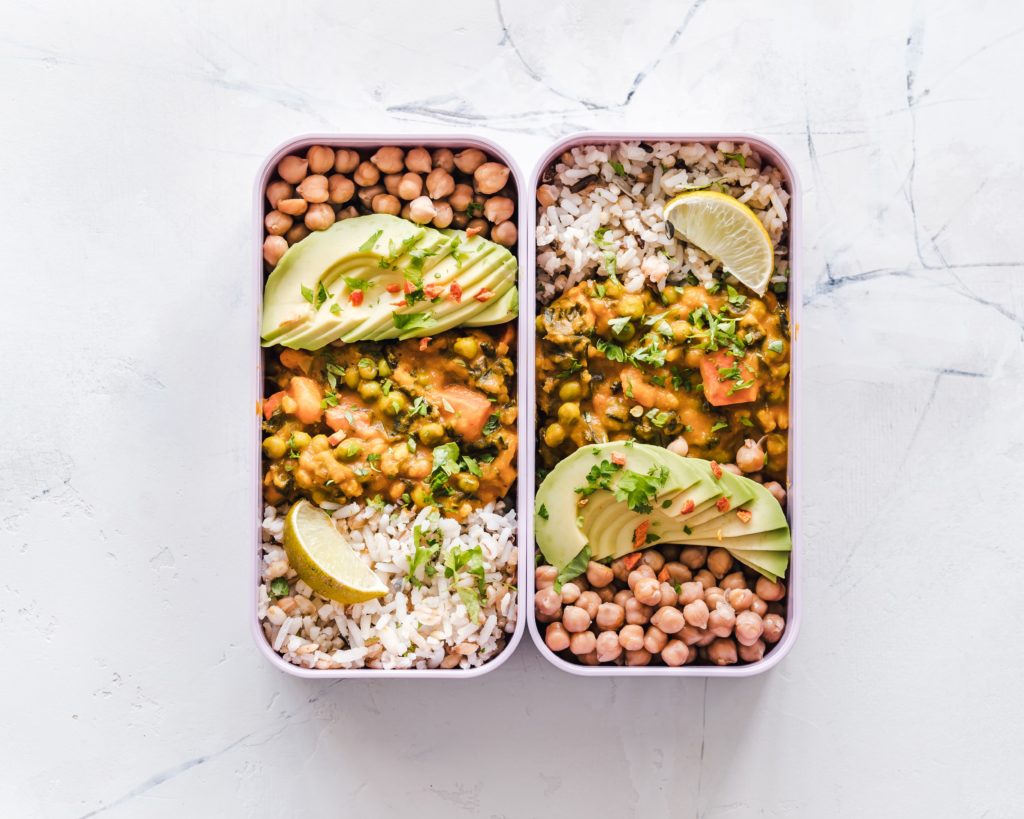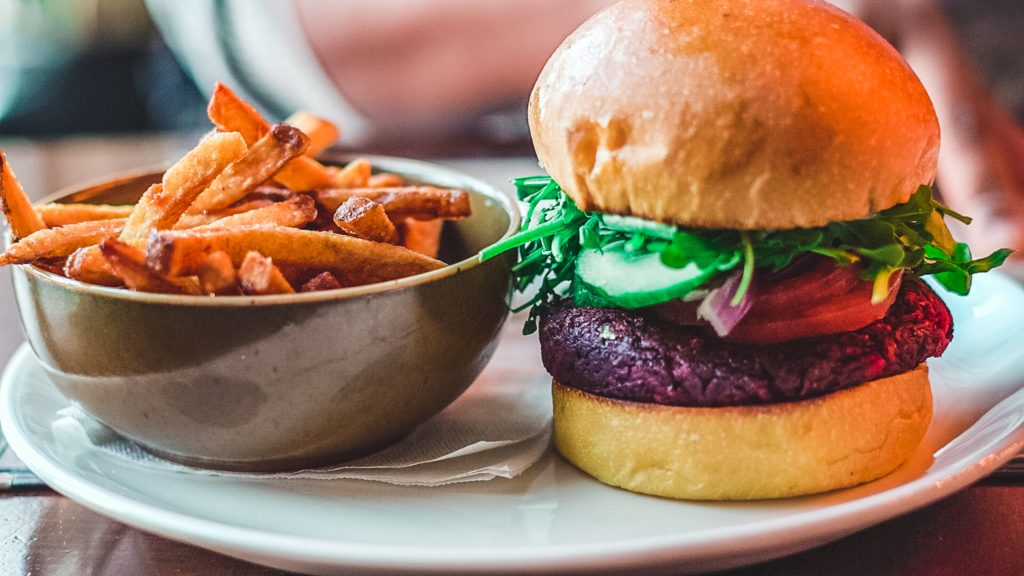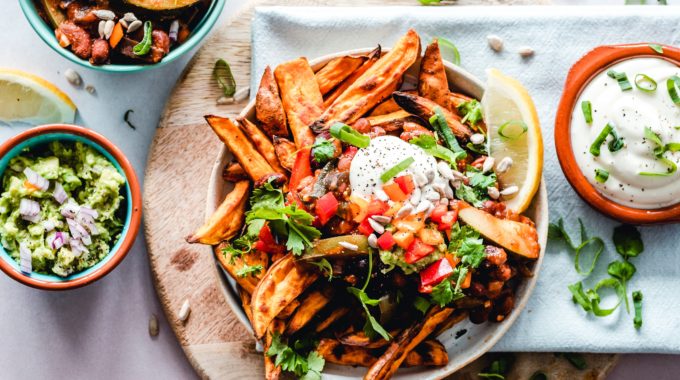Making the switch to a plant-based diet
Eating less red meat and processed food is good for your body and for the planet. And it seems the nation is waking up to this fact. According to Roy Morgan research, almost 2.5 million Australians are now eating a total, or almost total, plant-based diet. Vegan Australia also estimates that around 500,000 Australians are now vegans. We even rank number one in the world for searching the word “vegan” on Google.
You might have been thinking about making the switch to a plant-based diet for a while, but might be unsure of how to go about it the right way. While it’s true that plants are bursting with the good stuff, it’s also important to eat the right quantities of the right foods to ensure you don’t become deficient in key nutrients.
To help guide you on your transition to a plant-based diet, we’ve recruited nutritionist Rick Hay, who specialises in plant-based living. His first piece of advice? Ease yourself into it.
“Try a week or two of eating more plant foods rather than suddenly not eating any animal products at all,” he says. “For one, this will help your body get used to the extra fibre.”

Variety is the spice of a plant-based diet
One mistake that plant-based newbies often make is falling into the trap of eating the same types of plant-based meals all the time. Variety is key in any diet; a plant-based diet is no different. This means you can’t get away with eating salad or tofu every day.
“I tell my clients, think of cuisines around the world,” Hay says. “Have a plant-based Indian meal one night, a plant-based pasta from Italy another, then the next night have tacos. That way you get a lot more variety in your diet. And make sure to keep the flavours up with spices and sauces. It gives those blander plant-based options like tofu more of a kick.”
Hay also suggests you snack on nuts and seeds to give your body the protein it needs. Other plant foods rich in protein include beans, chickpeas, lentils, pumpkin seeds, hemp and quinoa. You should also eat a wide variety of brightly coloured fruits and vegies. Anything brightly coloured is not just rich in vitamins and minerals; it also contains phytonutrients.

Keep an eye on your nutrients
There are some key nutrients that plant-based eaters can become deficient in. The two big ones are iron and vitamin B12. Hay suggests that, especially when you’re just starting out, you take a spirulina or “supergreen” powder, as spirulina is rich in iron.
“Vitamin B12 is a little bit tougher to get in a plant-based diet,” Hay says. “So I tend to put everyone who’s on a plant-based diet on a B12 supplement.”
B12 is found in fish, meat and chicken. But it’s also in eggs and milk, so another option you could try is to include these as part of a vegetarian diet.
“Starting by eating a vegetarian diet rather than going 100 percent vegan is also a good way to transition into a plant-based diet,” Hay says.
Ultimately, the key take-home message when switching to a plant-based diet is to eat as wide a variety of whole foods as you possibly can.
“People say you can’t get enough protein from plants, but you can when you have a varied diet,” Hay says. “It’s really easy.”









